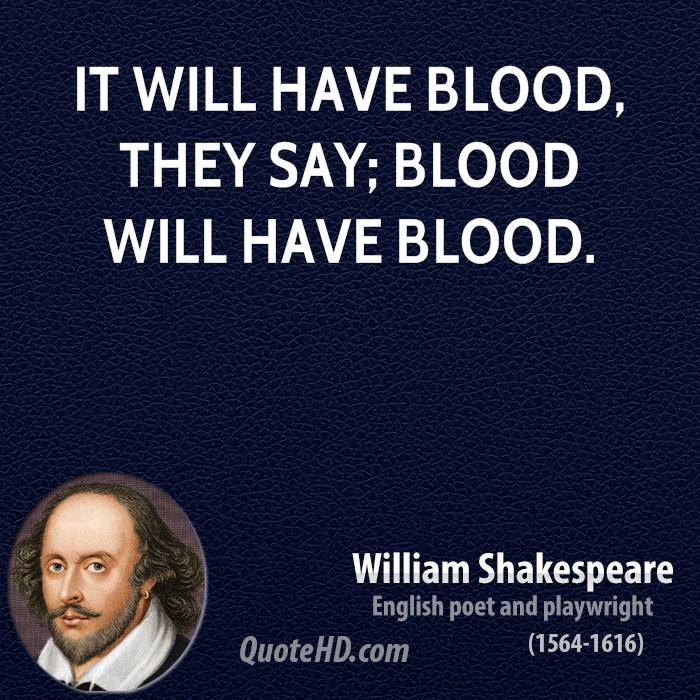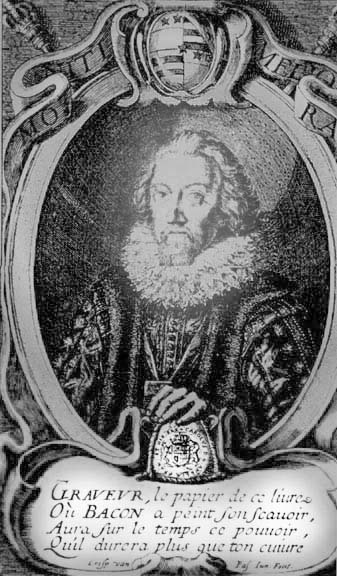p. 168
to the initiates of which it revealed its wisdom in the form of symbols; (2) by embodying its arcana in the literature of the day by means of cunningly contrived ciphers and enigmas.
Evidence points to the existence of a group of wise and illustrious Fratres who assumed the responsibility of publishing and preserving for future generations the choicest of the secret books of the ancients, together with certain other documents which they themselves had prepared. That future members of their fraternity might not only identify these volumes bur also immediately note the significant passages, words, chapters, or sections therein, they created a symbolic alphabet of hieroglyphic designs. By means of a certain key and order, the discerning few were thus enabled to find that wisdom by which a man is “raised” to an illumined life.
The tremendous import of the Baconian mystery is daily becoming more apparent. Sir Francis Bacon was a link in that great chain of minds which has perpetuated the secret doctrine of antiquity from its beginning. This secret doctrine is concealed in his cryptic writings. The search for this divine wisdom is the only legitimate motive for the effort to decode his cryptograms.
Masonic research might discover much of value if it would turn its attention to certain volumes published during the sixteenth and seventeenth centuries which bear the stamp and signet of that secret society whose members first established modern Freemasonry but themselves remained as an intangible group controlling and directing the activities of the outer body. The unknown history and lost rituals of Freemasonry may be rediscovered in the symbolism and cryptograms of the Middle Ages. Freemasonry is the bright and glorious son of a mysterious and hidden father. It cannot trace its parentage because that origin is obscured by the veil of the superphysical and the mystical. The Great Folio of 1623 is a veritable treasure house of Masonic lore and symbolism, and the time is at hand when that Great Work should be accorded the consideration which is its due.
Though Christianity shattered the material organization of the pagan Mysteries, it could not destroy the knowledge of supernatural power which the pagans possessed. Therefore it is known that the Mysteries of Greece and Egypt were secretly perpetuated through the early centuries of the church, and later, by being clothed in the symbolism of Christianity, were accepted as elements of that faith. Sir Francis Bacon was one of those who had been entrusted with the perpetuation and dissemination of s the arcana of the superphysical originally in the possession of the pagan hierophants, and to attain that end either formulated the Fraternity of R.C. or was admitted into an organization already existing under that name and became one of its principal representatives.
For some reason not apparent to the uninitiated there has been a continued and consistent effort to prevent the unraveling of the Baconian skein. Whatever the power may be which continually blocks the efforts of investigators, it is as unremitting now as it was immediately following Bacon’s death, and those attempting to solve the enigma still feel the weight of its resentment.
A misunderstanding world has ever persecuted those who understood the secret workings of Nature, seeking in every conceivable manner to exterminate the custodians of this divine wisdom. Sir Francis Bacon’s political prestige was finally undermined and Sir Walter Ralegh met a shameful fate because their transcendental knowledge was considered dangerous.
The forging of Shakespeare’s handwriting; the foisting of fraudulent portraits and death masks upon a gullible public; the fabrication of spurious biographies; the mutilation of books and documents; the destruction or rendering illegible of tablets and inscriptions containing cryptographic messages, have all compounded the difficulties attendant upon the solution of the Bacon-Shakespeare-Rosicrucian riddle. The Ireland forgeries deceived experts for years.
According to material available, the supreme council of the Fraternity of R.C. was composed of a certain number of individuals who had died what is known as the “philosophic death.” When the time came for an initiate to enter upon his labors for the Order, he conveniently “died” under somewhat mysterious circumstances. In reality he changed his name and place of residence, and a box of rocks or a body secured for the purpose was buried in his stead. It is believed that this happened in the case of Sir Francis Bacon who, like all servants of the Mysteries, renounced all personal credit and permitted others to be considered as the authors of the documents which he wrote or inspired.

Moe is the founder of GnosticWarrior.com. He is a father, husband, author, martial arts black belt, and an expert in Gnosticism, the occult, and esotericism.




![How the South Saxons received Eadbert and Eolla, and the West Saxons, Daniel and Aldhelm, for their bishops; and of the writings of the same Aldhelm [705 A.D.] | Book 5 | Chapter 17 How the South Saxons received Eadbert and Eolla, and the West Saxons, Daniel and Aldhelm, for their bishops; and of the writings of the same Aldhelm [705 A.D.] | Book 5 | Chapter 17](https://www.gnosticwarrior.com/wp-content/plugins/contextual-related-posts/default.png)